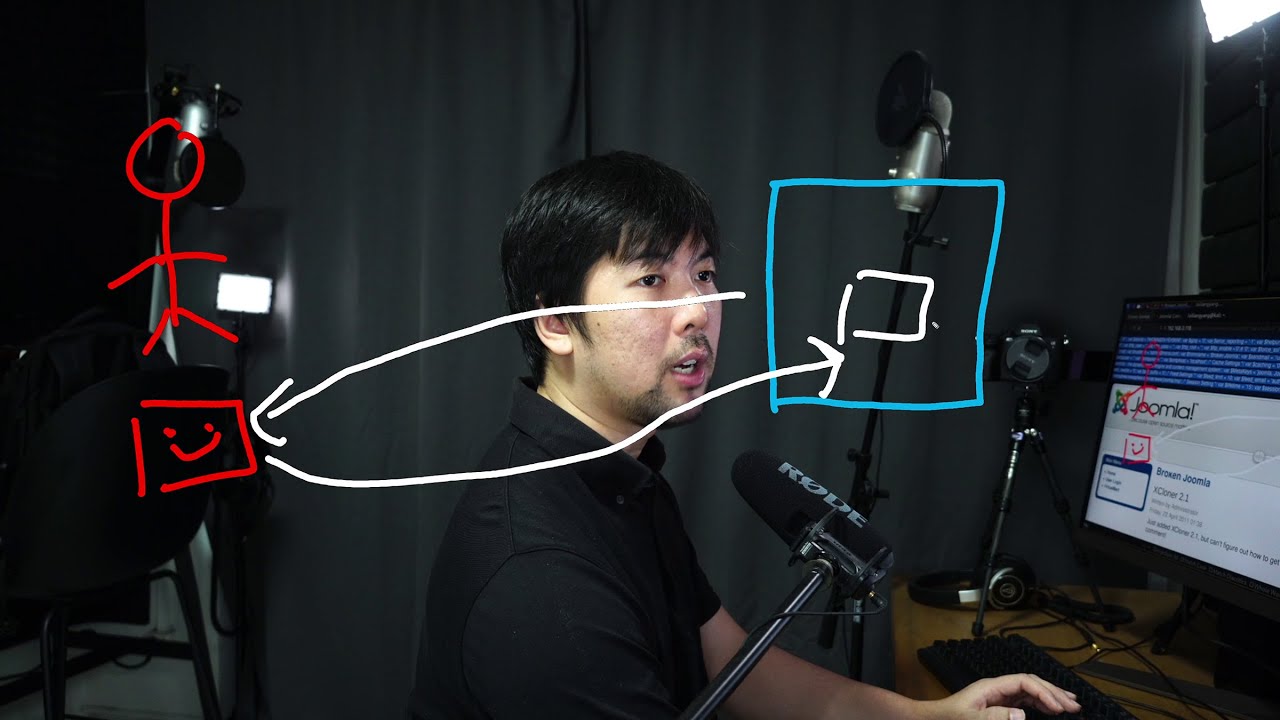How Zscaler is cracking APAC’s cloud security market
When Scott Robertson, Zscaler’s senior vice-president of Asia-Pacific and Japan (APJ), first joined the cloud security hotshot in 2015, cloud security was very much its infancy in the region. It wasn’t until cloud adoption started to accelerate in the later years that the company started to see growing demand for its services.
Today, APJ is Zscaler’s fastest growing region, with revenue growth of 88% year over year during the fourth quarter of its 2022 fiscal year. Much of its growth has been spurred by the rise of hybrid work amid the pandemic, and a shift towards cloud-based applications.
In a wide-ranging interview with Computer Weekly, Robertson talks up the company’s growth momentum in APJ, how organisations are using its services and what it is doing to address areas where it can do better.
Tell me more about Zscaler and the genesis of the company.
Scott Robertson: When I joined Zscaler 2015, cloud security was relatively unknown in Asia-Pacific. It was far more prevalent in markets like the US or Europe, where connectivity between countries was strong.
Almost eight years since I joined, I’ve seen a complete transformation in demand with organisations adopting cloud at a growing rate. It typically starts with applications and today, those applications are either software-as-a-service (SaaS) applications or being moved to cloud. The destination for the user is no longer your network – it’s some public destination. Zscaler realised this early on and that’s why Jay Chaudhry, our CEO and founder, built this company.
He was thinking: ‘Why am I building servers in my office to host all these applications? Why wouldn’t I just lease the servers and the applications, put them somewhere else and not have to pay for the power and everything else to manage them? And so, we thought as those applications make that transformation, that’s where Zscaler has an opportunity.
How do you see the Asia-Pacific market as a whole?
Robertson: Certain markets like Australia and New Zealand adopt new technologies more rapidly. Many companies from the US invest in Australia first because it’s a similar market and then they branch out to other key markets. I feel…



